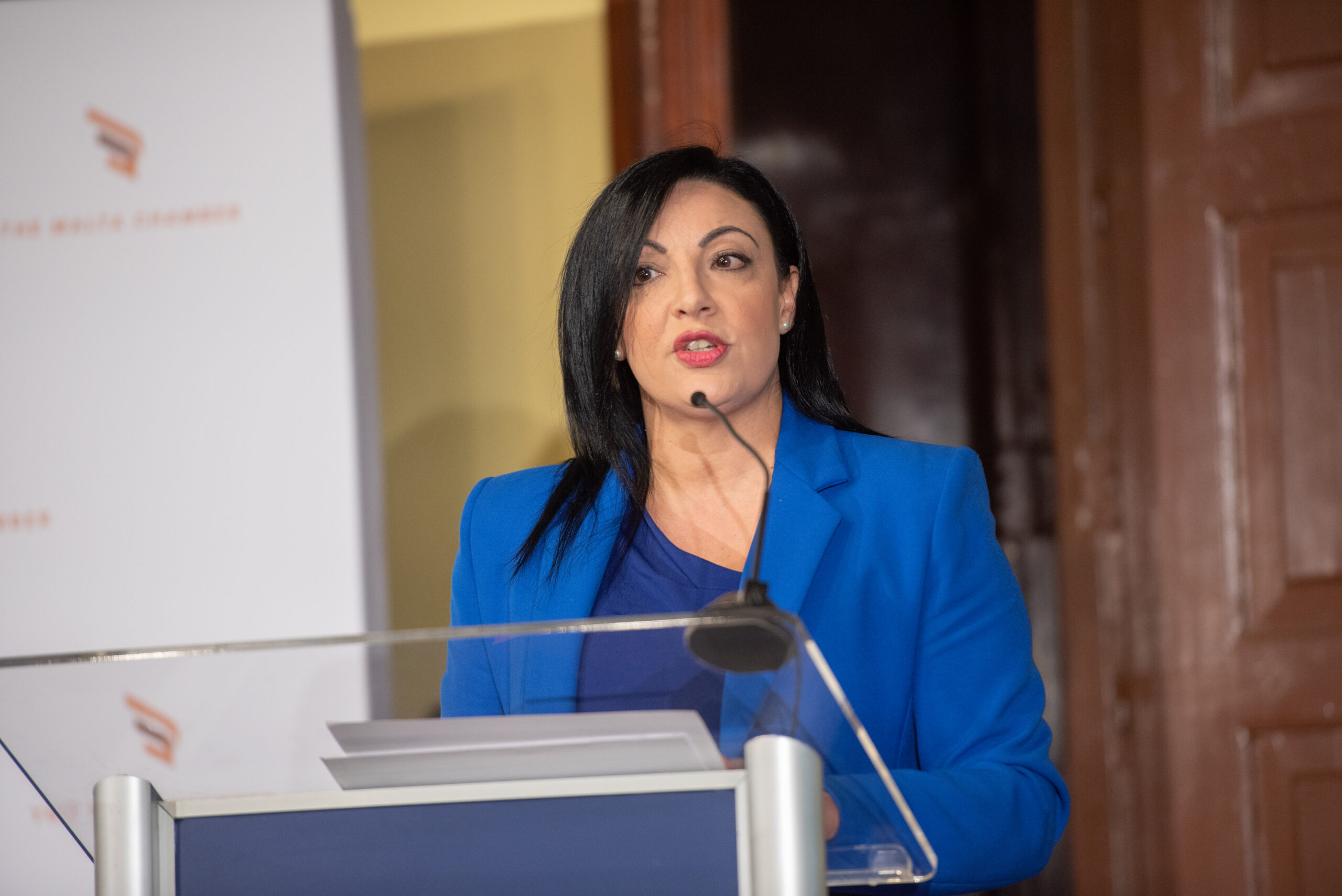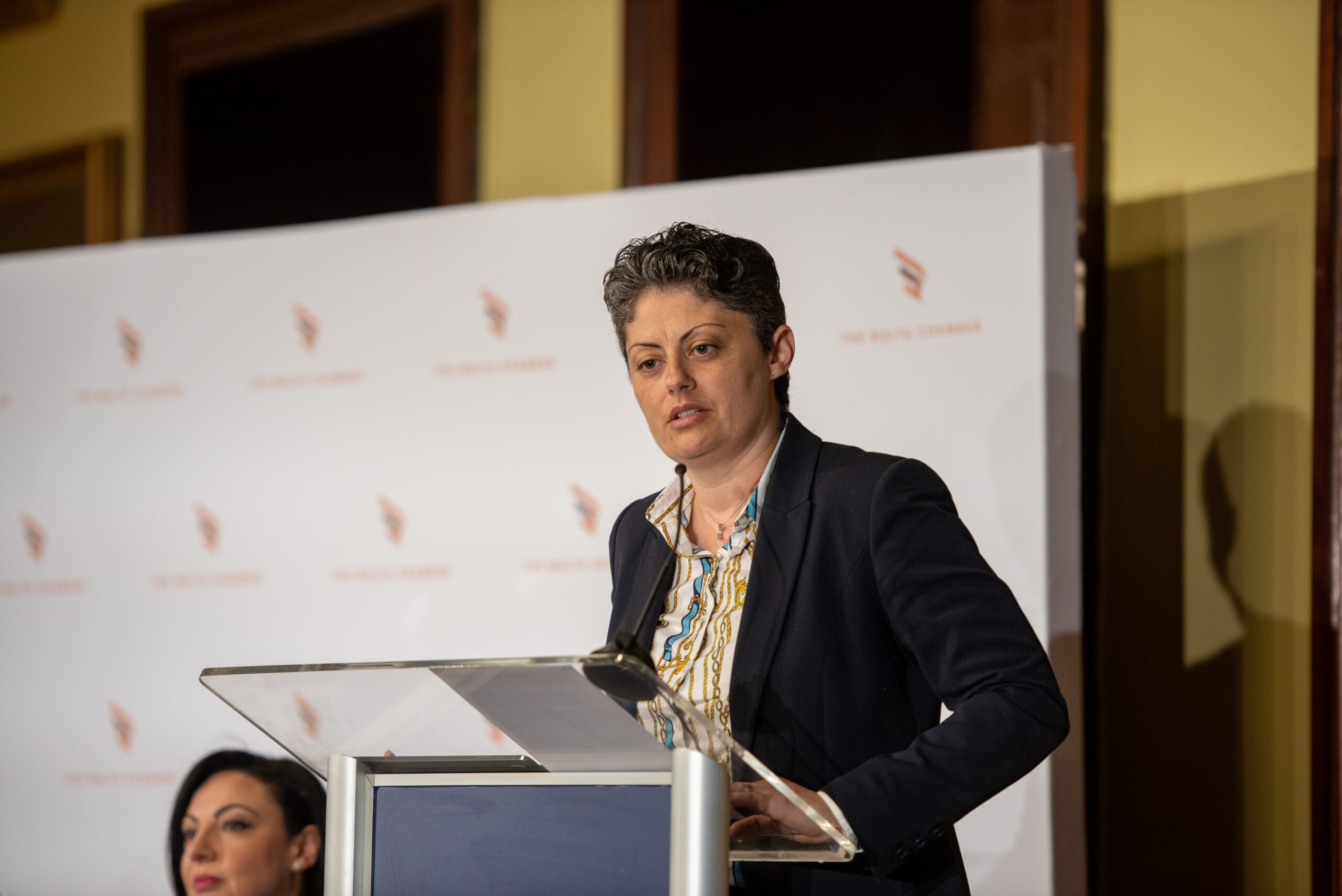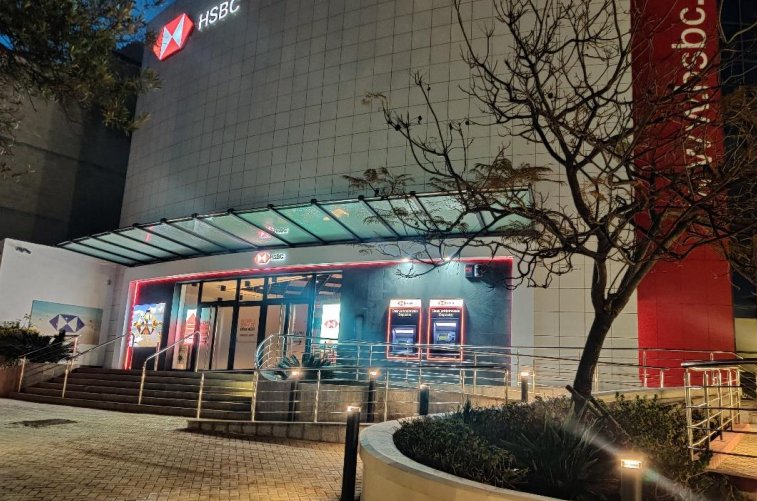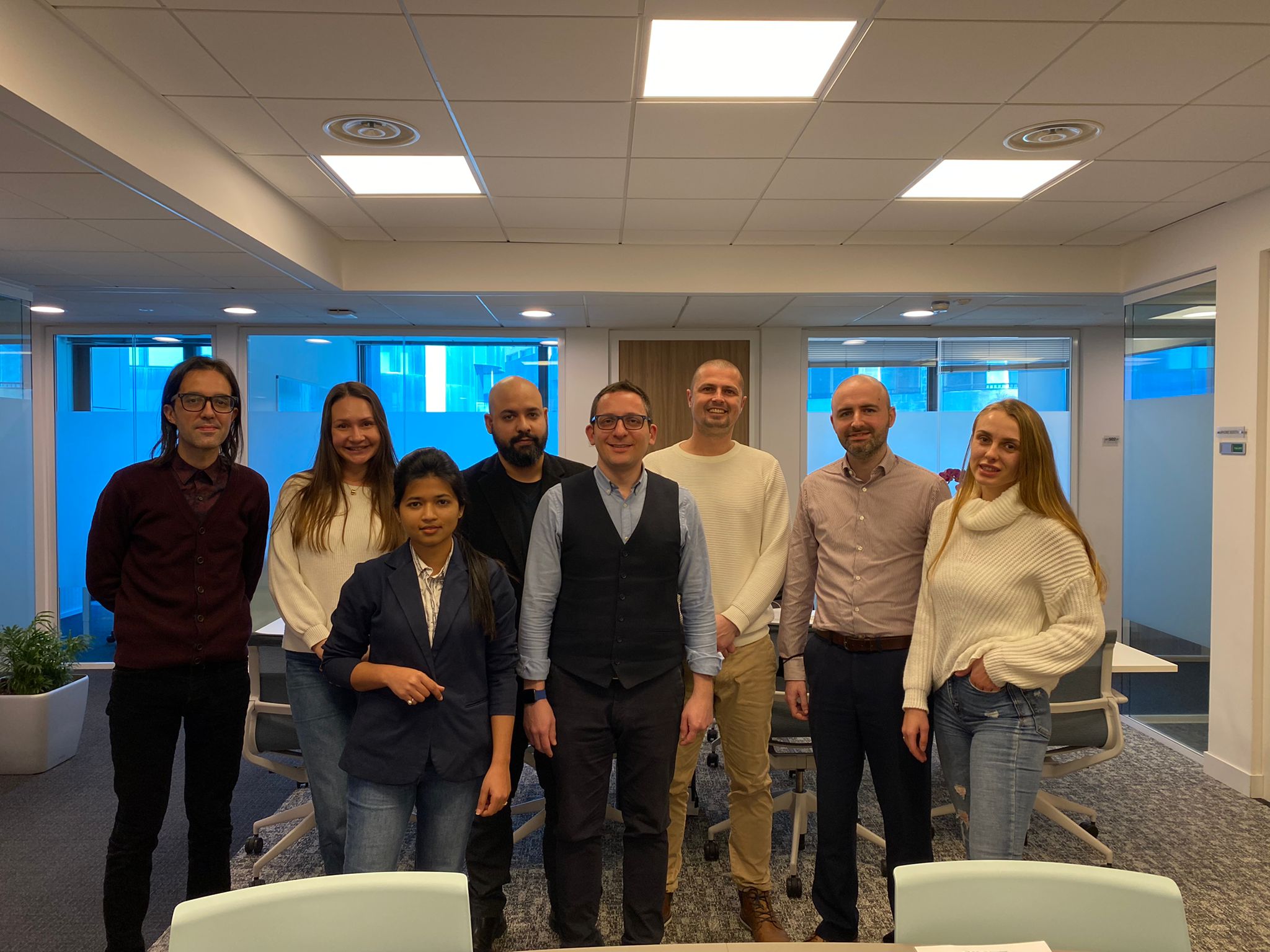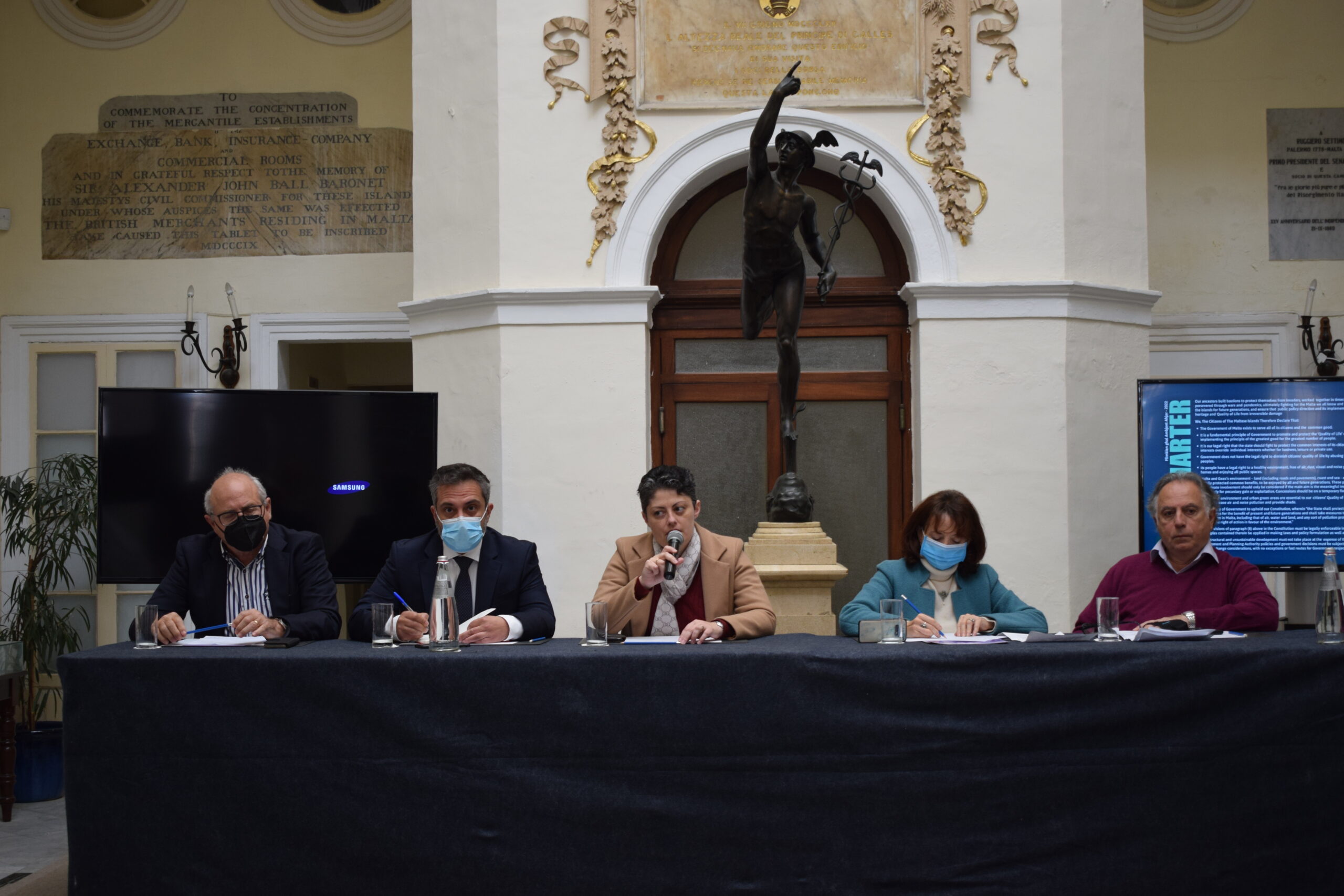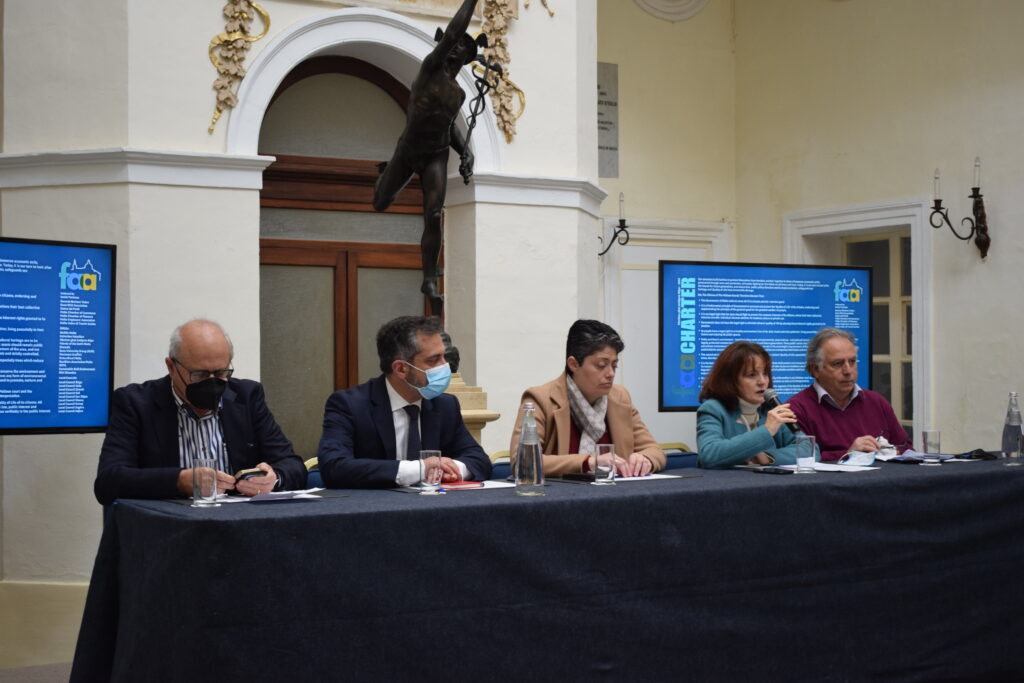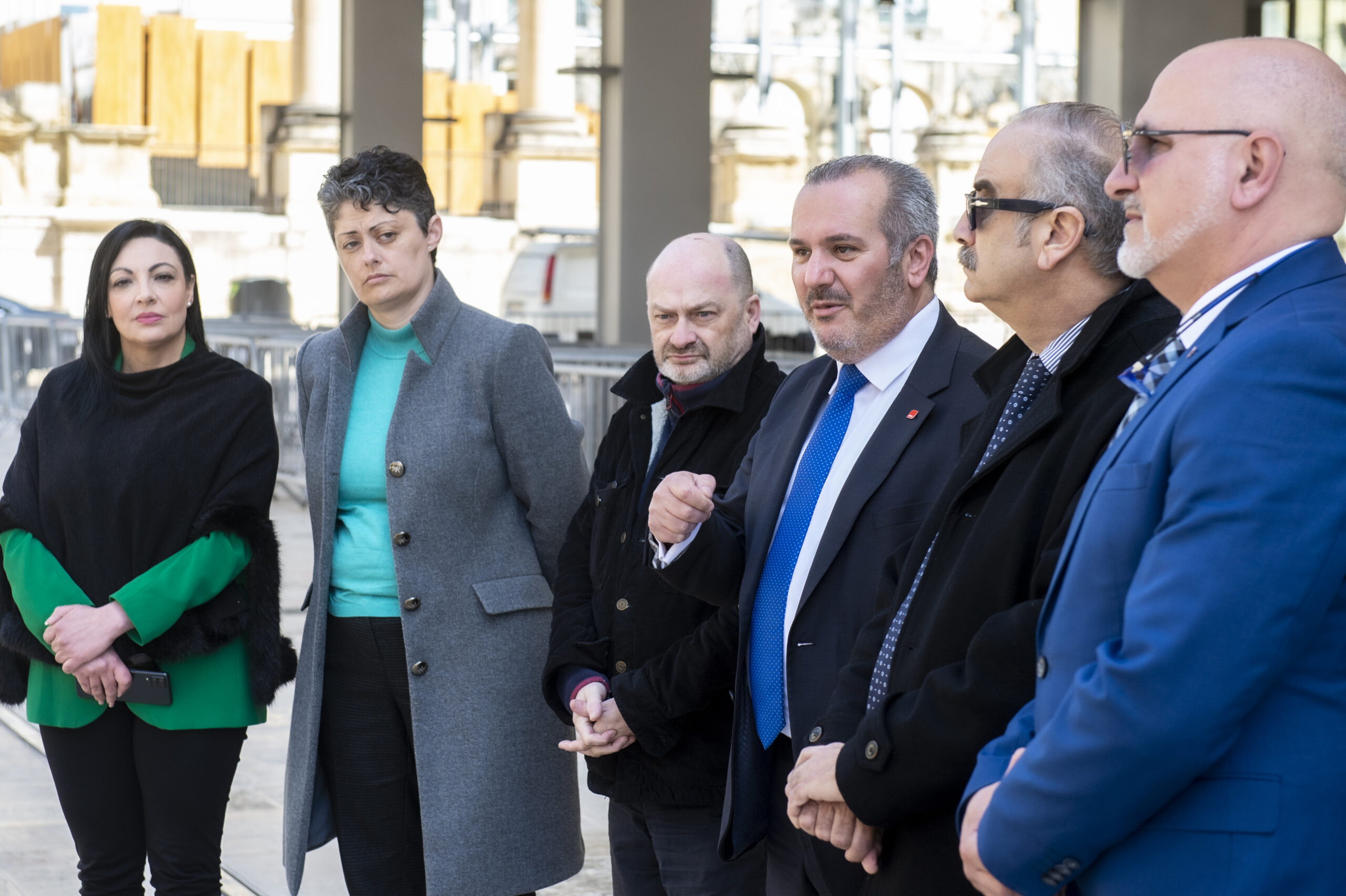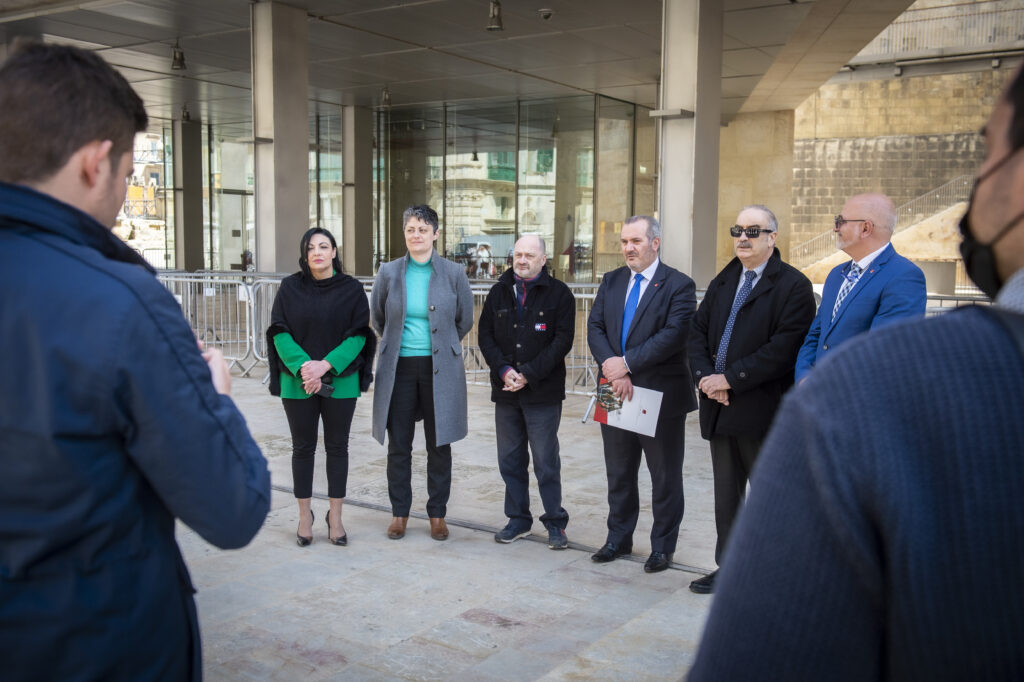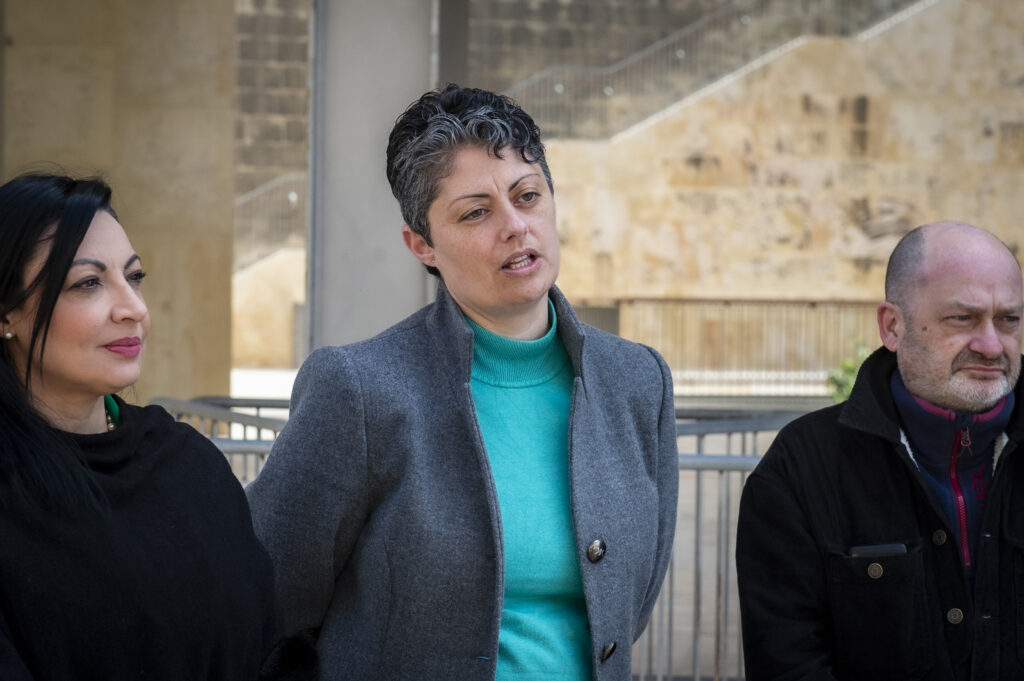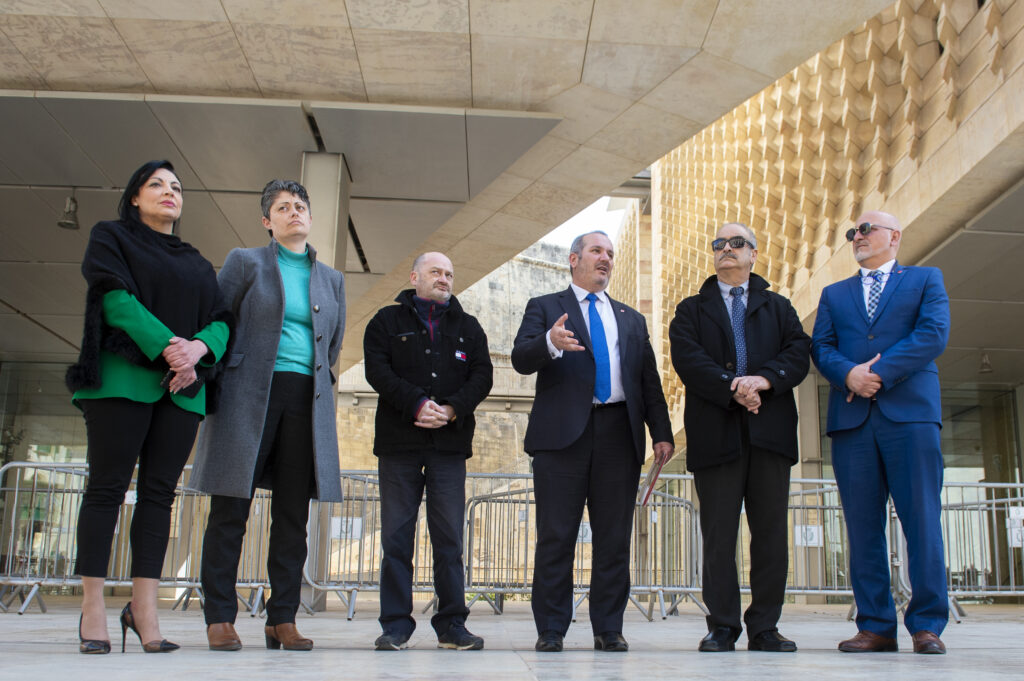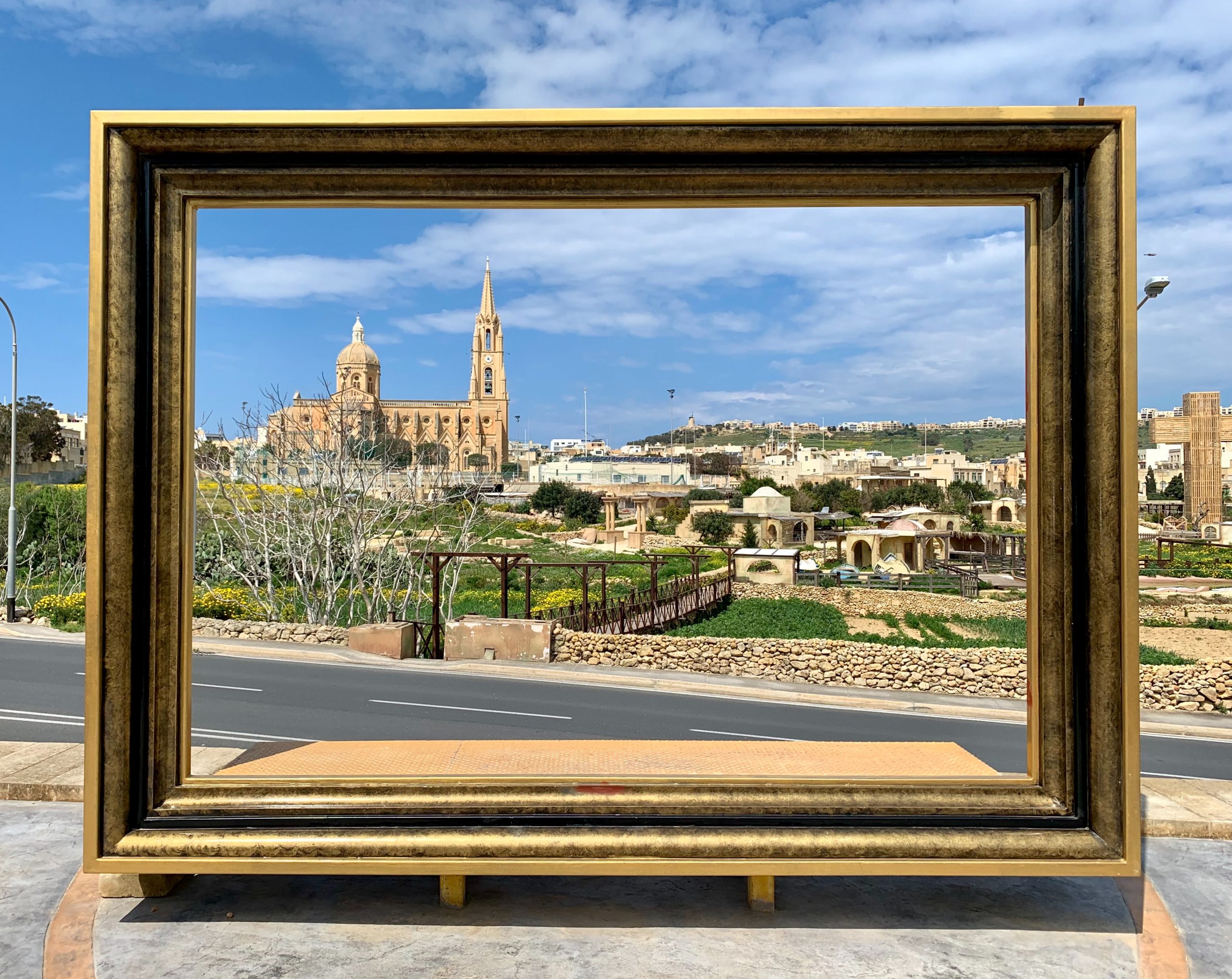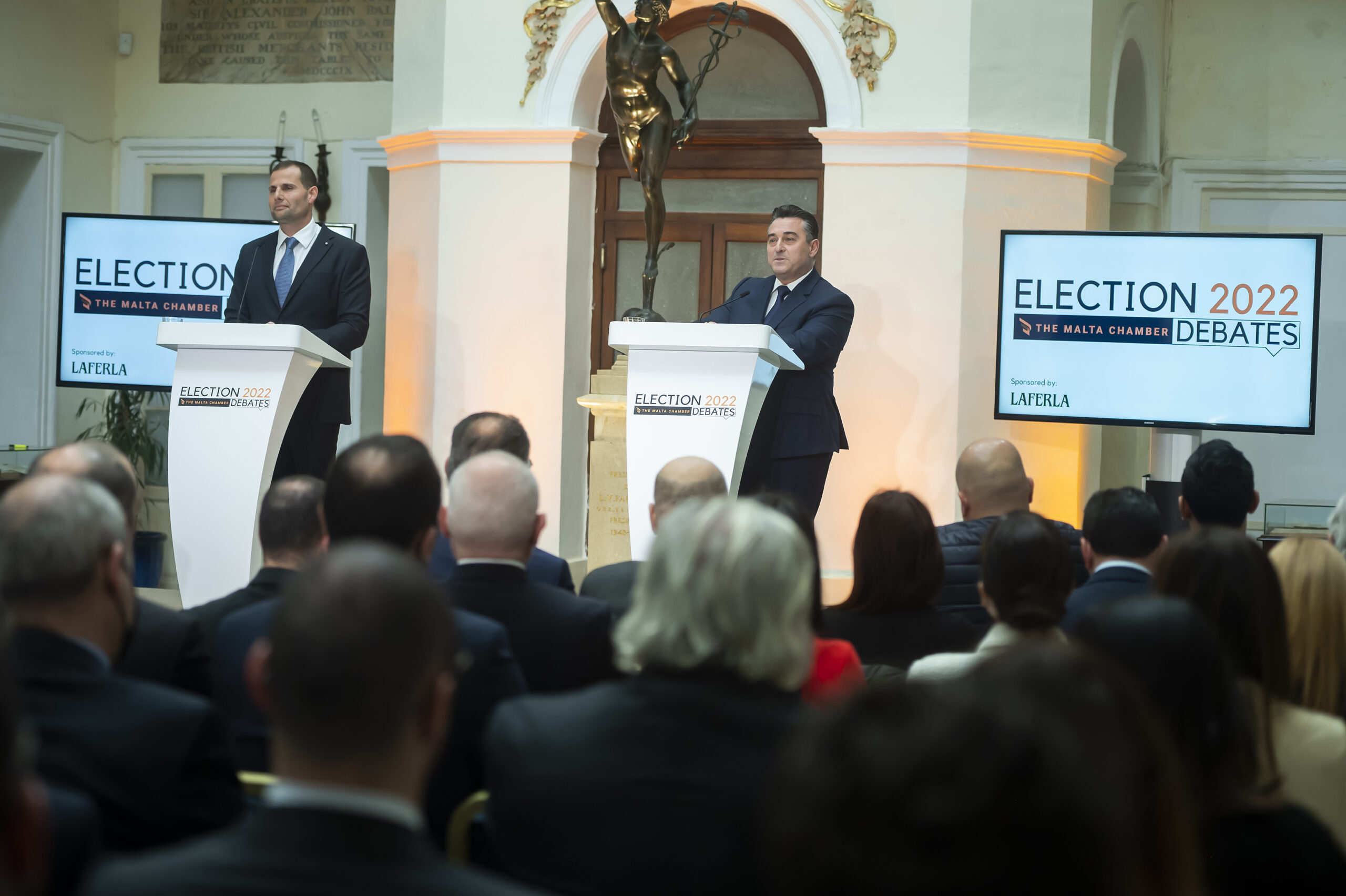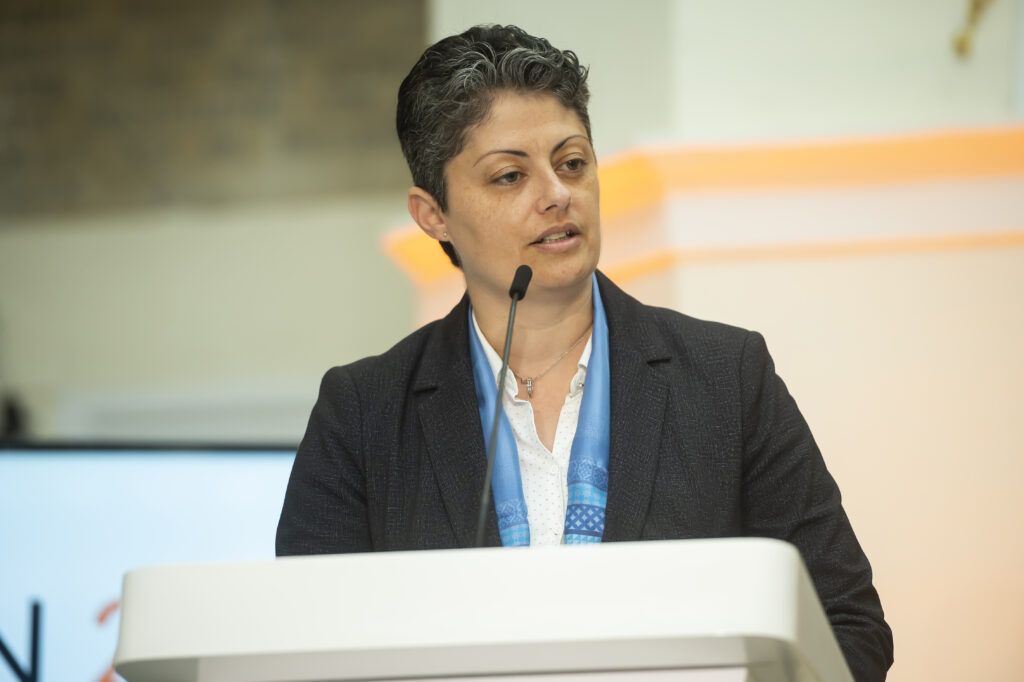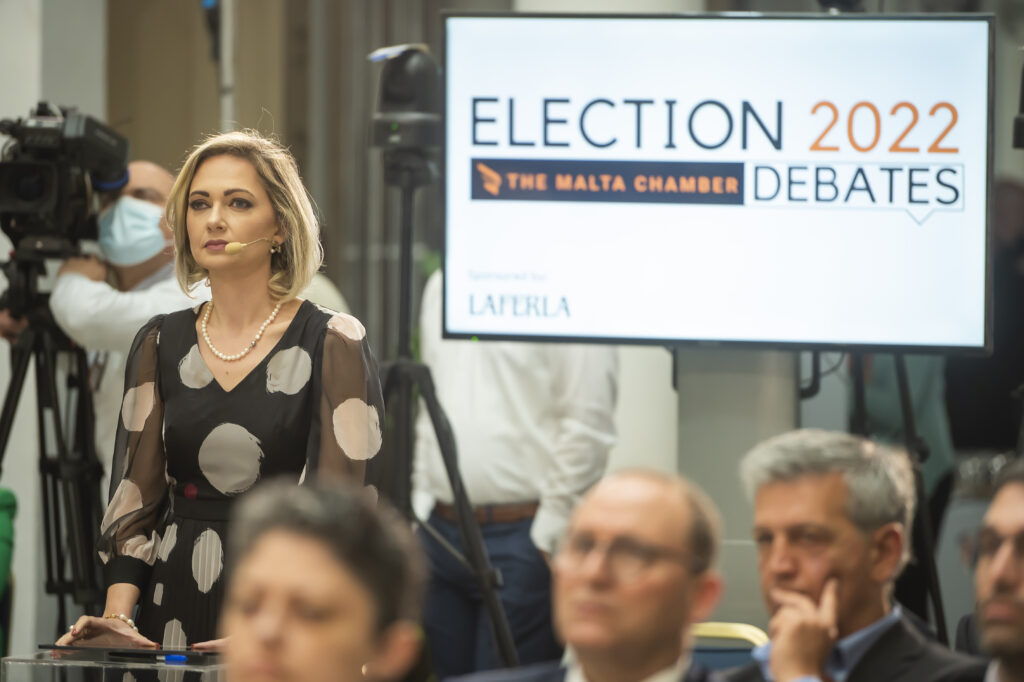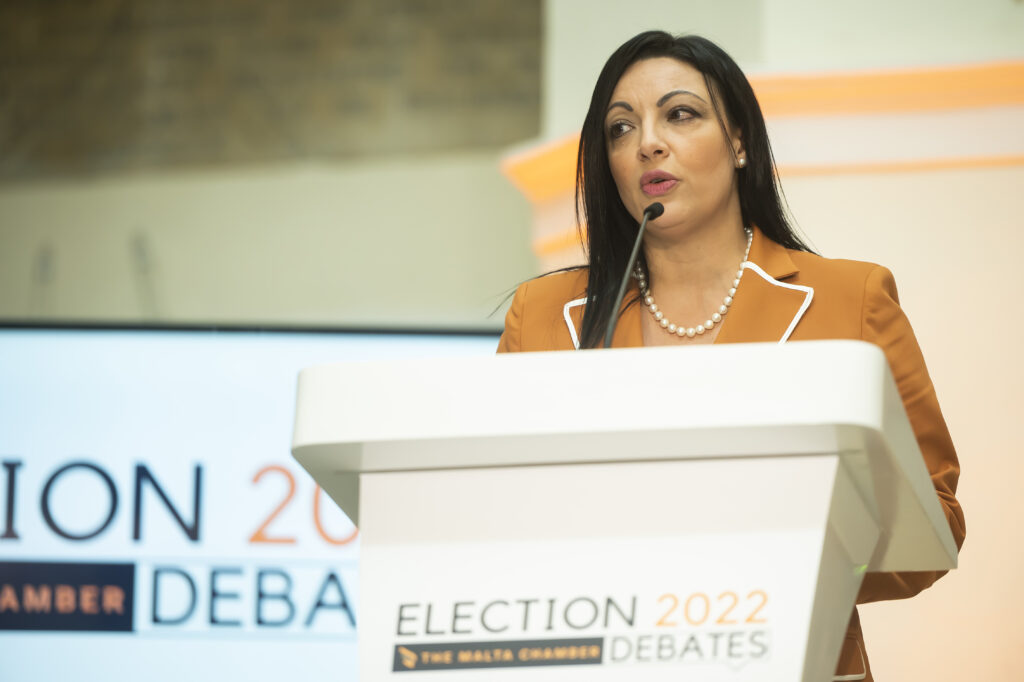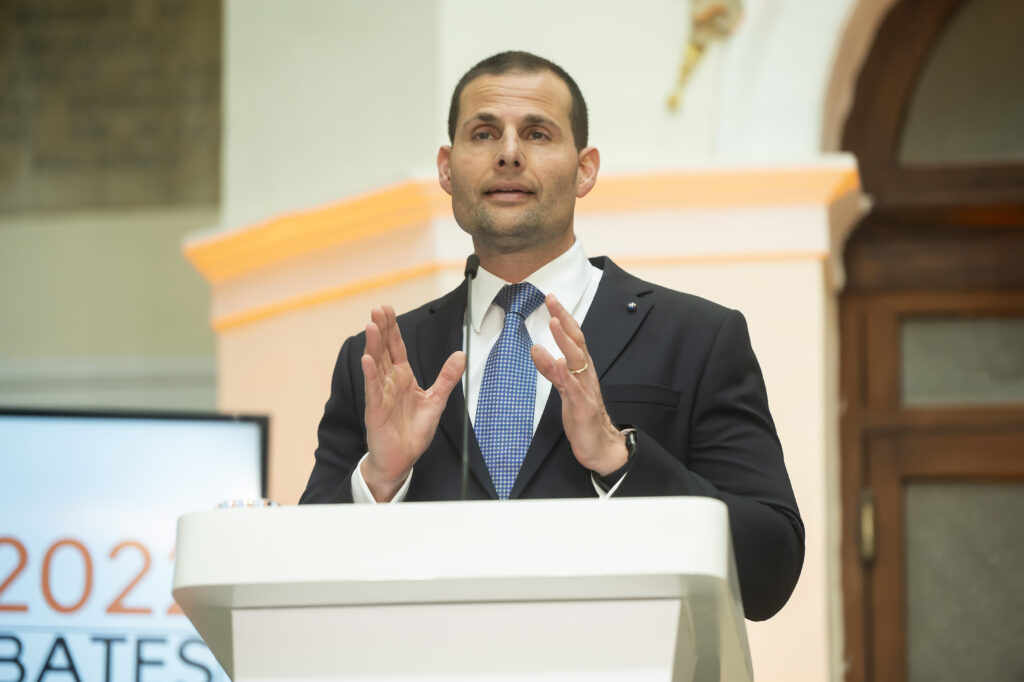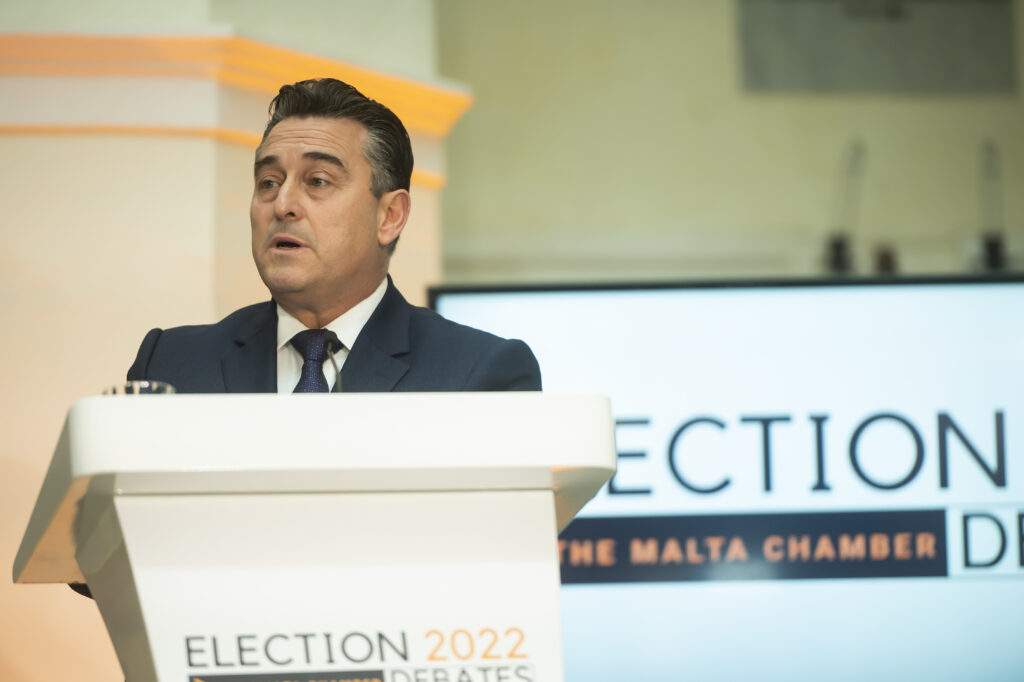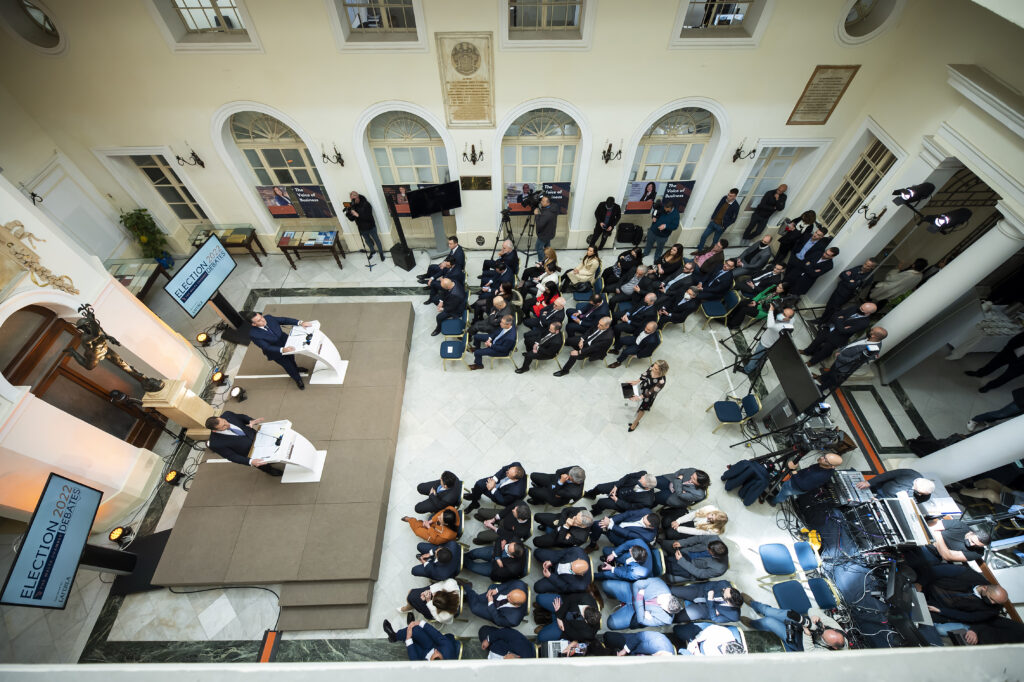I joined The Malta Chamber precisely on 1st May of last year, fully aware of the huge responsibility and challenges that the role involves. For those who might have asked why I decided to join The Malta Chamber the reasons were two-fold. The first is the fact that I always felt that I shared and related very well to the sound values and aspirations of The Malta Chamber. Secondly I felt that I could continue building on The Malta Chamber’s value through my corporate world background and policy experience.
Ten months down the line and admittedly they have been an interesting ten months. My target is to be constantly proactive, timely and relevant. The Malta Chamber is an active organisation and in order to remain relevant we need to keep our working practices in check to make sure that we are adapting to the ever changing needs of today’s business environment. Upon joining The Malta Chamber, I immediately embarked on an intensive outreach programme with our members, both individually and at section level, to make sure that I have a sound and comprehensive understanding of the issues that our businesses face as well as to learn more about their aspirations and vision. Within the first weeks I also met all our employees on a one-to-one basis to understand their strengths and listen to what they had to say about The Malta Chamber.
Policy and Member Relations – these are our flagships and what distinguishes The Malta Chamber from other organisations. In terms of policy we have given constructive feedback on all policy documents that were issued for public consultation. We put forward policy proposals on our main pillars of economic growth and resilience, governance, sustainability, infrastructure and digitalisation as well as human capital, and lobbied constantly and effectively to make sure that our proposals implemented and implemented correctly. We also set up ad hoc Working Groups to discuss and chart the way forward in respect of pressing matters such as the supply chain issue, that of third country nationals and the changes being introduced in respect of company law compliance.
With respect to Member Relations we have adapted our approach into one which is more member centric and which is intrinsically tied to B2B networking, information dissemination, issue awareness and concern addressing. We have also taken on more EU funded projects which tie in well with policy and business support. Our membership has continued to grow. Our Collaboration Alliances increased as well.
It was a challenging but very rewarding ten months. The year ahead is equally challenging. However, The Malta Chamber’s brand is a strength in itself and I am confident that together with the rest of the team, a team which is truly dedicated and hard working, we will achieve the ambitious plan that we have mapped out.
Our objective remains one – to ensure that business keeps on thriving, irrespective of its size or sector it operates in. The Malta Chamber is here to help business achieve more, beyond whatever one could ever achieve alone. We remain committed to help business re-engineer itself and adapt to the new realities and the everchanging customer behaviour, whilst also continuing to be the positive influence in policy formation, both at national and european level. We remain committed to being on top of issues and responding in a proactive, timely and relevant manner.
I urge our members and the business community to reach out to us – we are your voice and fully committed to promote, encourage and facilitate trade, commerce and investment.
Last but not least, I would like to thank all our Gold and Bronze sponsors without whose support we would not have been able to reach the heights that we did.
Read the full version of the Annual Report 2021/2022 here.
